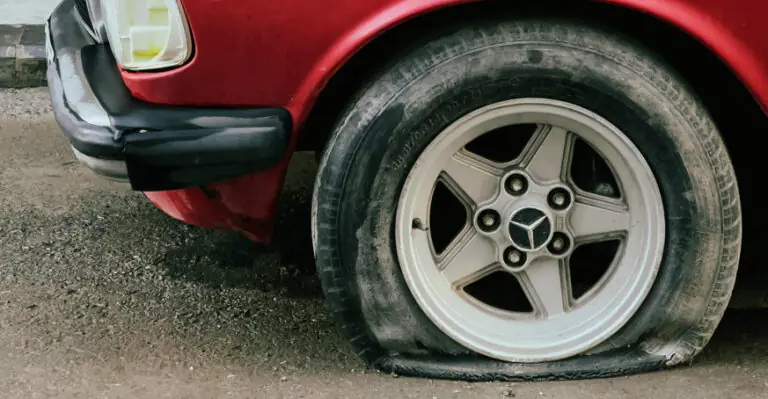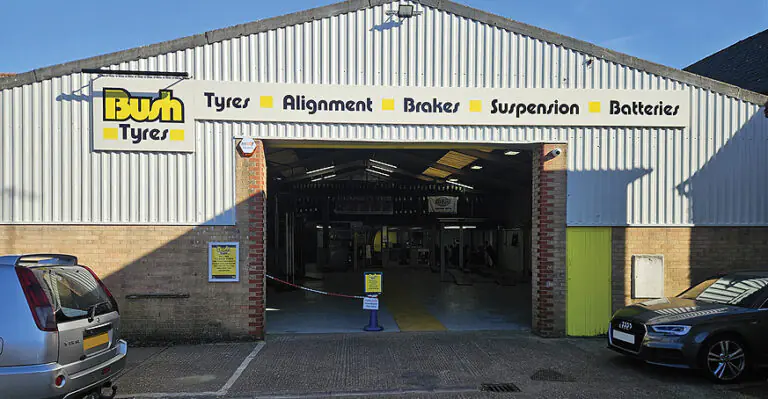Repair or replace – what is best?
Article written by Bush Tyres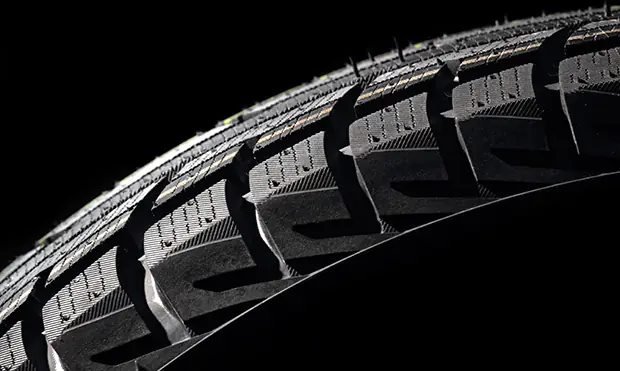
No matter whether you're running a fleet of agricultural vehicles or a single tractor, maintenance can be costly.
Often there’s the option to repair agricultural tyres rather than replace them and while this can be a viable solution, you need to know when it’s best to repair but also when you should consider a replacement tyre.
Types of agricultural tyres
There’s a range of tyres available for agricultural vehicles and what you choose depends on the type of vehicle you have and the job it’ll be doing.
Agricultural tyres are typically designed for loose soil work and have an open centre tread design, with a higher lug-to-void ratio. This gives more traction, allows the tyre’s point of contact to expand under the weight of a heavy vehicle and provides room for water, soil and snow to move through the tyre.
You can also fit turf and construction tyres to compact tractors. Make sure you choose the right tyre for the job as this will help keep down costly repairs while making the job easier.
Agriculture tyre repair
If you do get a cut, crack or puncture in your tyre, there are a few options available to you if it’s not serious enough to warrant a full replacement.
An agricultural tyre patch is essentially a plaster for the rubber. These can be used to repair small nicks and cracks but have to be placed inside the tyre to be effective. Consider this before undertaking what you think could be a quick job.
Another option for more significant tyre damage is vulcanisation. This is the process of adding new rubber to the outside of the tyre and heating it to cover and fill the hole or cut. During this process, many professionals will also place a patch on the inside of the tyre to ensure the repair lasts.
Things to consider before repair
You should consider how much life is left in the tyre. If it’s getting old and would need to be replaced soon, a repair might be an unnecessary cost.
If the tyres haven’t been used for a while but have been exposed to the elements, it’s likely you’ve got more then one small crack to repair. If the rubber has started to degrade through disuse, consider a fresh replacement.
A professional will be able to give you more advice on the life left in a particular tyre once they take a look at it. Consider speaking to someone before you write of a damaged tyre completely, there may be a repair option you haven’t considered.
Agricultural tyre replacement
If a repair isn’t possible and you need to replace an agricultural tyre, take a look at Bush Tyres’ agricultural range. With 6500 products in stock, you’ll be able to find exactly what you need. The company also offers a 24-hour free-phone breakdown service and has 50 24/7 on-call fitting vans. This helps to minimise your vehicle’s downtime.
Bush Tyres can also give advice on the right tyre for the job as well as operating pressures and tips for reducing soil compaction.
How to avoid repairs
A lot of the time, tyres can get damaged while working a field or travelling between sites and this is often unavoidable but there are steps you can take to keep your tyres in good condition and minimise damage.
A tyre that’s been looked after is going to have a longer life than one that sits outside and barely gets used.
Check the manufacturer’s guidelines for your tyres as this will tell you more about the operating pressures. An over-inflated tyre can cause soil compaction, lead to uneven wear and affect driving comfort. Under-inflated tyres cause increased fuel consumption, make driving difficult and can cause irreparable damage of the tyre casing.
If you’re unsure what the pressure of your tyres should be, speak to a professional as it depends on vehicle specifications, load, type of work and the tyre itself.
You should inspect your tyres regularly as this will help you to spot any issues before they become big problems. These inspections are recommended every 25-50 working hours, depending on your vehicle and tyres. Look for premature wear, which could indicate a pressure problem, as well a damage.
It’s important you have the right tyres for the job because using tyres incorrectly can affect their lifespan. You need to respect the tyre’s load index and maximum speed. This, combined with advice from the professionals, ensures your tyres will last while minimising costly repairs.



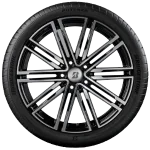 Tyres
Tyres Services
Services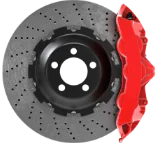 Fast Fit
Fast Fit Offers
Offers